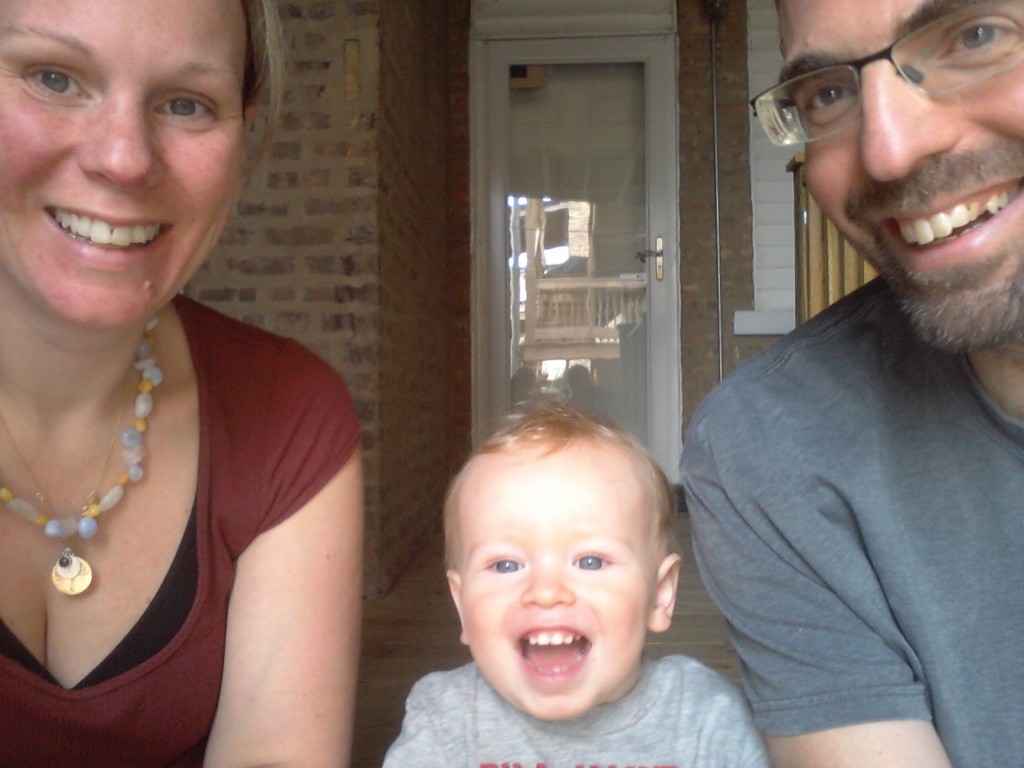Gentle Parenting isn’t something that you just one day decide you are going to start doing. Many people struggle with yelling, hitting and other behaviors that they would like to change. This is a long road. This is a journey filled with self- discovery and humbling acknowledgement of our limitations.
I have struggled with writing this post with a “Mom to Mom” tone rather than as an authority figure. If you know anything about me you’ll know 1. I despise authority and 2. I am not an authority figure. I worked for 14 years as a social worker with abused and neglected teenagers. I came into parenthood thinking that I knew what I needed to know about children, development and discipline to be successful at parenting. It took becoming a Mother to learn that I knew nothing. That being the parent was a completely different ballgame. This is a post about some points that my husband and I try to keep at the forefront of our minds as we struggle to remain gentle as we raise our son. I have broken them down into “tips” so that they are easier to remember.
1. Be Honest: Many people have been taught to believe that showing or explaining our feelings to a toddler or small child can be too overwhelming for them. In reality, it helps them understand emotions. It will help them understand you more and in turn will help them learn about how they experience their own feelings. Of course there are feelings and emotions that are too intense or mature for us to put on them, but if I am getting frustrated with Jack about his not going to sleep, for example, he will often notice. When I am feeling like I might start to lose it I say “Mommy is feeling frustrated right now because I am tired and want to go sleep.” This allows Jack to know that I am having a real emotion, it helps me connect with him, and I swear, saying it out loud takes some of the steam out of my ears.
2. Take a Breather: If you need to walk away then do it. If you have a small baby then put them down somewhere safe and walk away. The crying of an infant can bring the gentlest person on Earth to total meltdown. It’s OK to leave them somewhere safe (e.g. crib, pack ‘n play, rock ‘n play, etc.) and get some distance. You are not abandoning them, you are not leaving them to cry or being a bad Mom. You are keeping yourself and baby safe. Take some deep breaths, scream into a pillow, whatever you need to do to allow the overwhelming feeling to pass and then return to your baby.
If you are dealing with a toddler or small child tell them that you need a break. Tell them that you are feeling frustrated and need to sit down. It’s OK to stop what you are doing (trying to get home, trying to get them to brush their teeth, to sleep , whatever) and unplug. Walk into the next room, take some laps around the area rug, look at yourself in the mirror, anything to briefly disengage from the moment and then try reconnecting again when you have gathered yourself.
3. Stay on Guard: It’s easier to lose control when you get wrapped up in your day. We are so often racing around trying to keep up with our little road runners that we forget to stay connected to the moment. When we are connected to the moment and have our long-term goals in sight we are better armed to handle frustration. Try taping signs around your house or putting a timer on your phone to ding every so often. This will help keep you present and connected. Read more about Mindfulness here.
4. Say Sorry: You won’t be perfect. Ever. You are going to get frustrated and lose your cool with your kids. It’s just going to happen. When it does get down on their level, look them in eye and say “I’m sorry for ______.” You are not weak, you are not wrong, you are not letting them win. You are being honest, genuine and respecting your relationship with them. You will be surprised at how quickly you start hearing the same from them. (*They might apologize for strange things at first as they learn how to apply it. Jack says things like “I’m sorry for hurting my toe, Mommy.” Something he doesn’t need to apologize for, but he is just experimenting with the appropriate time and place to use the word.)
5. Take the Long View: You must remember that no matter what is happening it will end. The frustrating moments, the tantrums, the feeling of being overwhelmed. They all pass. It’s easy in those moments to feel trapped, like it will never end. Reminding yourself that everything passes can take some of the weight off of your shoulders.
6. Talk to Others: Find supportive people and talk to them about your goals. Knowing that others are in the same boat can make a huge difference. Click here to find like-minded Moms in your area.
7. Take a Look in the Rearview Mirror: Sometimes checking out where we came from can help us see more clearly where we are going. Our parenting habits are passed down from our parents. One of the most difficult yet influential things we can do as gentle parents is explore our own childhood. Gaining insight into how we have developed these habits can help us see them “coming down the line.” This allows the opportunity of a moment to choose another action. This can be a difficult and overwhelming process depending on your childhood. Don’t be afraid to go to those dark places, to be honest about what went on inside those walls and to ask for help if you need it. Check out my “Gentle Parenting Resources” section here.
8. You Got This: Always remember that there is nothing more important in the universe than what you are doing with your kids. Whatever your goals are with them, whatever other plans you have, you will not find anything more important. You are doing a good job.
No matter where you are in this parenting journey you have made it to this point. Everyone is OK. It’s never too late to change. It’s normal for change to take a long time. When you mess up let yourself off the hook and try again. There are always opportunities to try again. There are days when I feel like I barely qualify as a gentle parent. I have to remind myself that this is a road and not a destination. This list by no means exhaustive. These are just a few of our most helpful ideas. What works for you?
Abby Theuring, MSW













